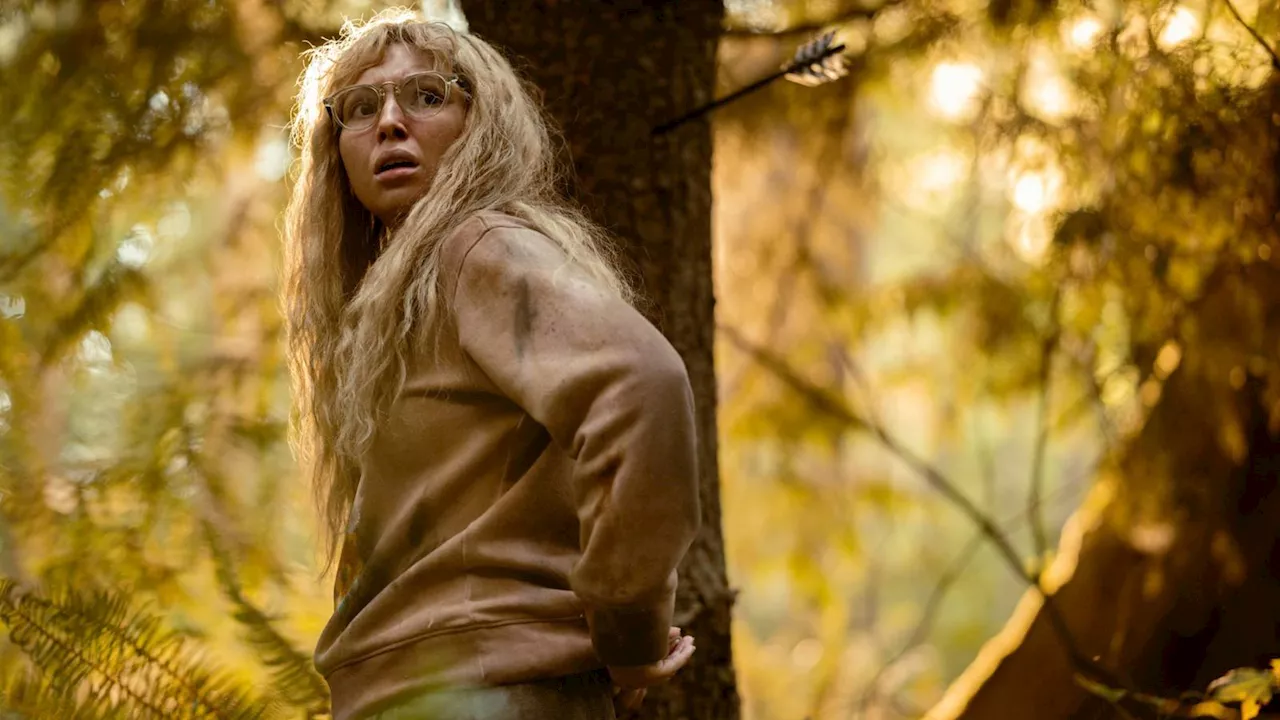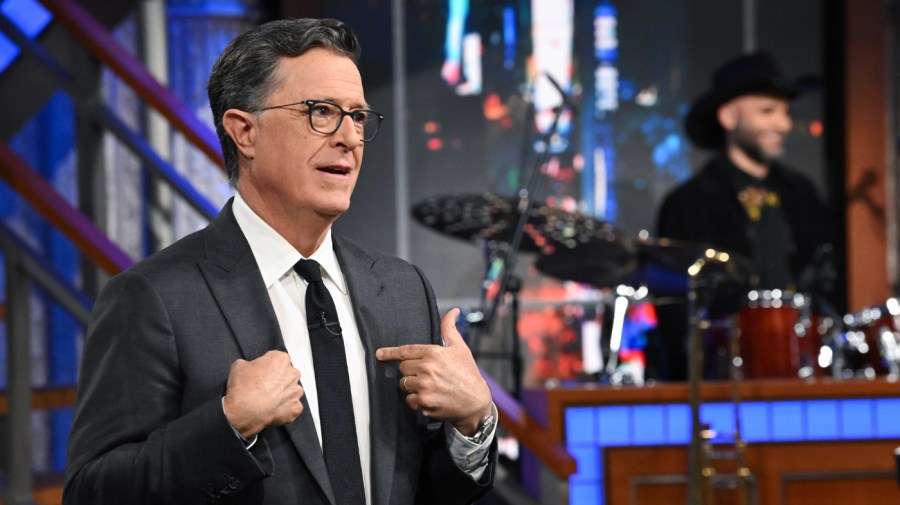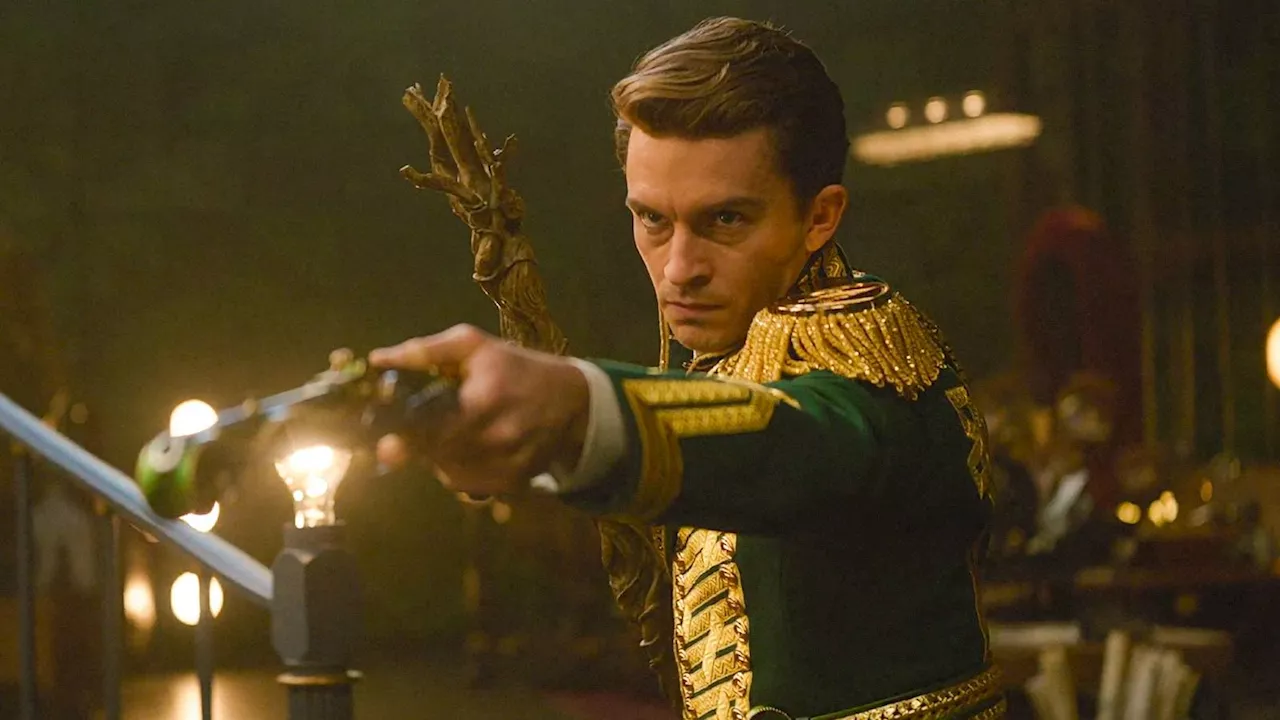The third season of Yellowjackets has generated significant discussion among fans, particularly around the brutal events of episode six, titled “Thanksgiving.” The show, which follows a girls’ soccer team that becomes stranded in the wilderness and descends into cannibalism, has consistently pushed the boundaries of horror and psychological drama. One moment, in particular, has left a lasting impression on viewers: the fate of Coach Ben Scott.
A Grim Turn of Events
In “Thanksgiving,” Coach Ben finds himself at the mercy of the girls after they rediscover him in the wilderness. His situation is dire—his remaining Achilles tendon has been severed to prevent escape, and he is enduring a hunger strike, pleading for death. Despite a vision that suggests he plays a crucial role in their potential rescue, the reality of his existence has become increasingly grim.
As the episode unfolds, viewers witness the psychological deterioration of both Ben and the girls. By this point in the season, Ben is physically incapacitated, lacking nourishment, and has been forced to live in his own waste for days. The girls’ misguided attempts to keep him alive, driven by a vision from Akilah, have led to a situation that feels more inhumane than compassionate. Ultimately, it is Natalie who takes the harrowing step of ending Ben’s suffering with a mercy kill, an act that underscores the moral decay present in their survival efforts.
The Feast and Its Implications
Following this tragic act, the episode takes an even darker turn. Shauna punishes Natalie for her decision by compelling her to prepare Ben’s body for a feast, ostensibly as a tribute to the dead as dictated by “the wilderness.” This moment reveals Shauna’s transformation into a ruthless leader, relishing her control over the others.
As the feast commences, the atmosphere becomes increasingly unsettling. The severed head of Coach Ben is placed prominently at the table, and during the ritual, Lottie begins to sense something is amiss. Her desperate pleas to the wilderness culminate in a primal scream that echoes through the night, joined by the other girls in a disturbing display of collective madness. This moment serves not only as a gruesome climax but also introduces new characters who witness the horrifying scene, emphasizing the depth of the girls’ descent into savagery.
While the arrival of these strangers raises numerous questions about their identity and intentions, it also starkly contrasts with the girls’ ritualistic behavior. The scene captures the chilling reality of their situation: screaming around a candlelit dinner featuring their former coach as the main course. The visceral shock of this moment underscores the series’ exploration of survival, morality, and the influence of primal instincts.
As “Thanksgiving” concludes, it leaves audiences grappling with the implications of the girls’ actions and the psychological toll of their circumstances. The brutal portrayal of Coach Ben’s fate, coupled with the feral celebration that follows, highlights the series’ ability to blend horror with poignant commentary on human nature when faced with extreme adversity.
Fans continue to discuss the impact of this episode, reflecting on how Yellowjackets has managed to weave complex narratives around survival, trauma, and the loss of humanity. With its unflinching portrayal of the characters’ descent into darkness, the series remains a compelling exploration of the human psyche under pressure.







